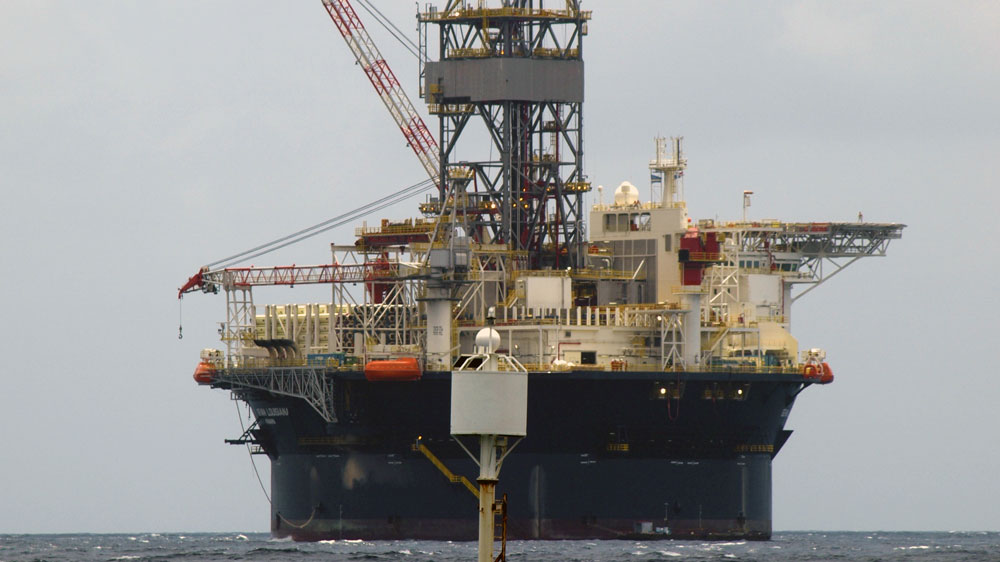The Offshore Law adopted by the Romanian Chamber of Deputies
It is beyond doubt that the so-called ‘offshore law’ is one of the most relevant legal normative acts impacting the oil and gas industry. A lot of ink was spilled to debate on whose interests are served, the reasons behind its adoption or rejection, what to include, what to exclude etc. We have also made several comments when it was first released for public debate (mid 2017); since then, there was a lot of discussion with the relevant ministries, the offshore titleholders and the Committee for Industry and Services. Overall, a substantial consultation process took place (unlike other normative acts recently promoted). On 9 July 2018, the Romanian Deputies Chamber (i.e. the decisional forum) adopted a version of the offshore law that was already submitted at the time of writing this material to the Romanian President for promulgation.
We will not focus on the urbanistic & operational aspects already presented in the previous material on the topic; they anyhow have not incurred major changes and we said – at that time – that their clarification was welcome; instead, we will try to make an objective assessment of the stability and taxation elements included in the version adopted by the Deputies Chamber.
General remarks
It is widely accepted that for any final investment decision (‘FID’), (apart from other conditionalities) the stability of the fiscal regime is a must (as there have been many precedents – on a global scale – when a simple subsequent change turned the projects uneconomic). No investor can engage in a several-decade project (especially in offshore where risks and complexities are substantially higher than onshore) without having certainty on the applicable fiscal regime. Apart from the inherent sensitivities of this topic, the Romanian landscape nurtured uncertainty as in the last five years various taxation options have been discussed, proposed or withdrawn[2].
- Fixed royalty (Art 18)
Like the other existing petroleum agreements in force, it was adopted that the royalty levels existing at the time of enactment of the Offshore Law will be maintained. It is the application of a fair, simple principle: the investor needs to be taxed as per the level applicable at the time when it decided to enter the petroleum agreement.
- Removal of the tax on the supplementary income (Art 18)
The Government introduced in 2013 a tax on supplementary incomes generated following the gas price liberalization; it was considered that the producers would benefit from the higher/liberalized prices without incurring the corresponding expenditure and, as such, the supplementary tax was meant to support primarily the vulnerable consumers that would pay the higher prices. It would not make sense to have such tax applicable to the future Black Sea projects. Consequently, the Offshore Law takes this burden off the Black Sea projects which are to be sanctioned.
- Fiscal credit removed
The version previously adopted by the Romanian Senate included an article which enabled the offshore titleholders to get a fiscal credit for anything they would pay in addition to their obligations under the Offshore Law. It was conceived as a ‘stability mechanism’ to the benefit of the titleholders in case they would have been required by the authorities to pay other amounts (than those under the Offshore Law). This right was removed from the version adopted by the Deputies Chamber. Hence, there is no doubt this will weigh substantially in the business cases put forward for taking FIDs.
- Tax on supplementary offshore income (Art 19)
Compared to the Senate version a tax on ‘offshore supplementary revenues’ was introduced. Such tax is computed by applying certain percentages (from a scale starting with 15% all the way to 50%) to the sale revenues. The tax percentage increases as the sale price increases. The highest sale price threshold is 190 RON/MWh; anything equal or above this threshold will trigger a 50% tax percentage; these price thresholds are to be indexed with the annual consumption price index.
As for the lowest threshold, it is set by the Offshore Law at 85 RON/MWh; yet, similar to the mechanism kept under the NAMR Order no 32/2018 on the gas reference price, the tax computation formula will consider whichever is higher between the NAMR reference price and the actual sale price (i.e. if the sale price is lower, than the NAMR communicated reference prince must be considered). There is no need to restate the arguments against this mechanism that obliges the titleholders to pay tax on an income they may never get (if the sale price will be lower than the NAMR reference price).
One positive aspect is that the computation formula takes into consideration the expenditures made by the titleholders; in other words, titleholders will be allowed to deduct their expenses from their sale income prior to the application of the tax percentage. However, there is a maximum threshold set at 60% of the sale revenues. It is important to mention that only the expenditures made during the month when the physical gas sale takes place are to be deducted.
The destination of the offshore royalties and of the supplementary tax is the Special Fund for financing public-private partnerships (which has a 1-year deadline to be set up as of the adoption of the Emergency Ordinance no 39/20018 on public-private partnerships).
- Obligation to sale 50% of the annual deliveries on the Romanian market (Art 20)
The Offshore Law also brought an obligation on the titleholders to sell on the Romanian centralized markets minimum 50% of the annual gas deliveries. Apart from the wording of the provision which may clearly be improved (…), such an obligation reflects the legislator’s intention to ‘keep’ the gas in the country. But, the Romanian market is anyhow the most profitable sale market (from a commercial perspective): if there is demand on the Romanian market, commercially it would not make sense to sell the gas outside Romania (because other costs, such as transportation/contractual/commissions etc., would take away the sellers’ profit). So, the obvious solution (to the justified concern that the titleholders might sell the gas outside) is not to set a legal obligation forcing them to sell domestically (which anyhow may be circumvented, given the existing wording of the provision), but to economically create the conditions for an organic growth of the internal gas demand.
As titleholders have initiated (since several years now) processes for identifying their sale markets, this obligation will pose significant constraints on them.
Conclusions
Final adoption of the Offshore Law is a major step forward towards clarifying a key element for the offshore titleholders. Now, considering all aspects of the version adopted by the Deputies Chamber, both the positive ones as well as the less favourable ones for the investors, it remains to be seen whether this version has put in place the right mechanisms (or not) to enable the titleholders to take FIDs. Yet, at the time of writing this material, just one week after the adoption of the Offshore Law, there have been statements made by Romanian officials requesting its modification through emergency ordinance. It seems this is not the very ultimate version and subsequent amendments are to be made in the very near future.
[2] In October 2017, a draft royalty law was open for public debate, only to be withdrawn after two months.






